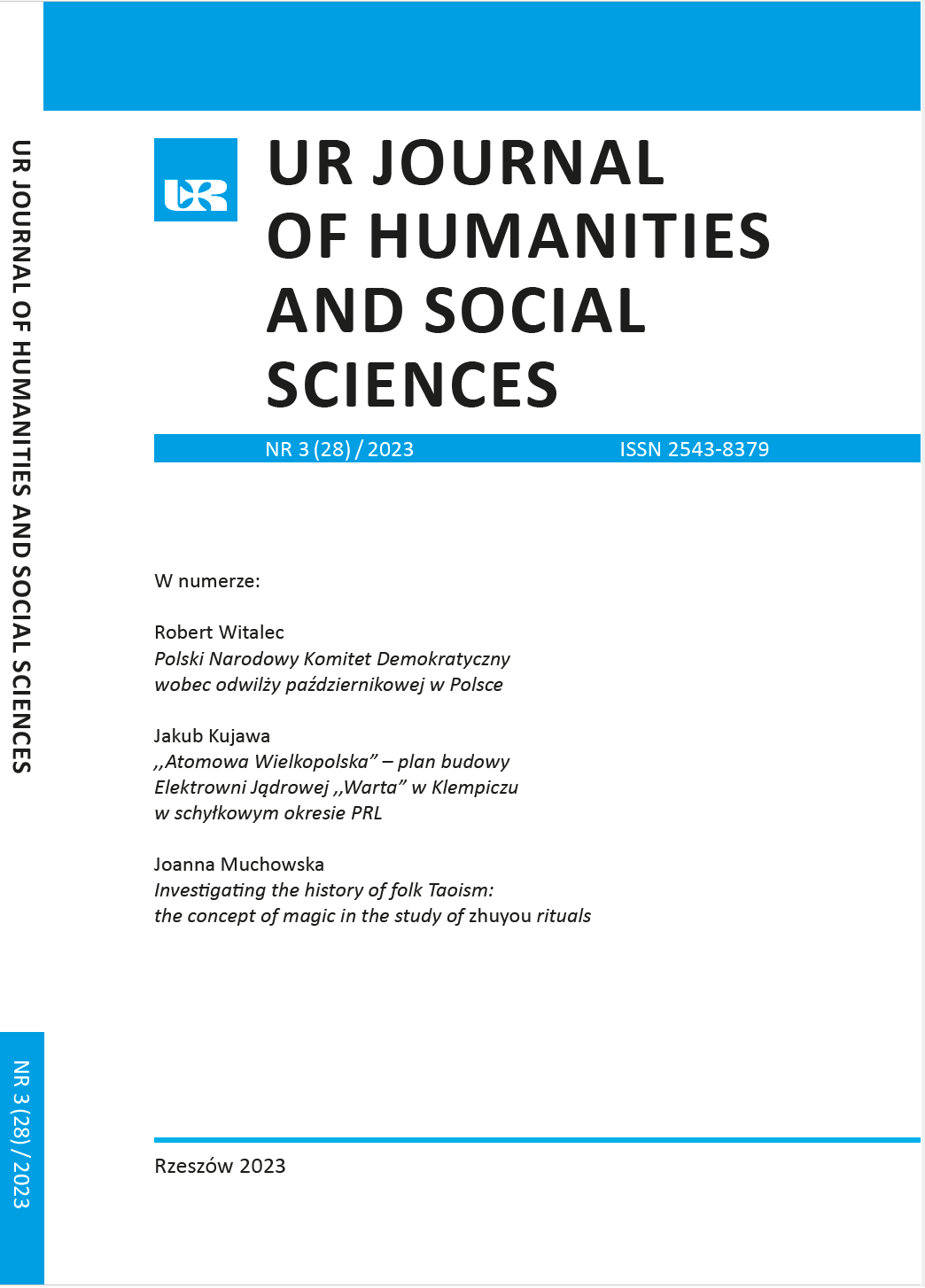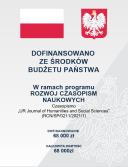Discussion over Capital Levy and War Wealth Levy (1917–1920; 2021)
DOI:
https://doi.org/10.15584/johass.2023.3.4Keywords:
extraordinary levies, taxes, levies, tax base, valuation, British economics, Arthur Cecil PigouAbstract
The aim of the article is to compare two debates: the first from the years 1917-1920 over capital levy (CL) and war wealth levy (WWL), the second from the year 2021 over wealth taxes. The results enable it to be shown that it is doubtful whether any progress has at all been made when it comes to formulating new arguments explicable in natural language. Certainly, some new arguments appear due to technological progress and constant changes in tax law. There is also big improvement in the precision of methods used (quantitative instead of qualitative methods). The intricacies of the legal system cause even more complications which let us assume that we have a growing body of arguments in modern times while, in fact, these arguments resulted precisely from the very fact that legal acts have become more complicated. The bright side is that there are some new scientific ideas like assessing the cost of the wealth taxes system and using elasticity to predict wealth fragmentation as a reaction to the implementation of the new tax. The study leads to the conclusion that a new theoretical framework for research on extraordinary wealth taxes is needed due to the changing factual circumstances and legal conditions for their introduction, the changing understanding of tax fairness and the different use of macroeconomic policy tools in comparison to historical cases. However, the achievements of economists who paved the way for the idea of extraordinary taxation should be appreciated and properly emphasized in the process of creating a new framework.
Downloads
Downloads
Published
How to Cite
Issue
Section
License
Copyright (c) 2023 UR Journal of Humanities and Social Sciences

This work is licensed under a Creative Commons Attribution-NonCommercial 4.0 International License.



